
OCHA CAR/Yaye N. SENE
UN Humanitarian Corrdinator Najat Rochdi's visit to the Mission in Kaga Bandoro, Nana Gribizi Prefecture, Center of Central African Republic (15 April 2017).
28 May 2018
Humanitarian Aid
The already serious humanitarian situation in Central African Republic (CAR) has worsened amid a spike in violence which threatens to overtake almost every area of the country, a top UN aid official said on Monday.
One in four people has been displaced, according to Najat Rochdi, UN Humanitarian Coordinator for CAR, who said that this included areas that were formerly peaceful, such as the north and central zones.
Speaking at a press conference in Geneva, Ms. Rochdi warned that severe acute malnutrition in six administrative regions is higher than 15 per cent – the emergency threshold – and infant mortality is at 18 per cent.
And amid severe funding shortages which have meant aid cut-backs, she told journalists in French: “It breaks my heart every time a child comes to me and says I’m hungry.”
Speaking later in English, she said: “Where you have kids, those little girls and little boys coming to you and looking at you and telling, ‘I’m hungry, I’m starving,’ it’s horrible, really horrible. Unfortunately the situation has worsened because we had in one year’s time an increase of 70 per cent of the internally displaced people. Meaning more children, more little girls and more little boys, meaning also that it’s a whole generation that is sacrificed because they are not going to school.”
She said it was very important to keep providing them with humanitarian assistance, which meant going beyond food distribution, beyond the access to water, beyond the access to health. “It’s just access to hope.”
Of the more than $515 million aid requirement needed in CAR for 1.9 million people, less than 20 per cent has been provided so far this year.
Fighting between the mostly Christian anti-Balaka militia and the mainly Muslim Séléka rebel coalition has plunged the CAR into civil conflict since 2012. A peace agreement was reached in January 2013, but rebels seized the capital, Bangui, in March of that year, forcing President François Bozizé to flee.
Concerned with the security, humanitarian, human rights and political crisis in the CAR and its regional implications, the Security Council authorized the deployment of a UN stabilization mission, known by its French acronym, MINUSCA, in 2014 with the protection of civilians as its utmost priority.

OCHA/Yaye N. Sene.
The humanitarian community distributed high-energy biscuits to 1,500 children and debilitated adults who suffered from starvation and thirst for more than 72 hours during an outbreak of violence in Mbomou Prefecture, Central African Republic in May 2017.
The country’s huge natural wealth – in the form of diamonds, gold and uranium – continues to fuel the fighting, Ms. Rochdi explained, adding that there was “absolutely no problem” in areas “where you don’t have that much to steal.”
The violence reached the capital, Bangui, at the beginning of the month after almost a year of relative stability.
In that incident, 70 people were killed in clashes between security forces and armed militia, and thousands were displaced.
Ms. Rochdi said that UN troops had to intervene after Muslims were denied healthcare access.
The town of Bambari has also seen armed groups return, despite becoming a “safe haven for all communities” since last year, the UN official added.
The militia aimed to put pressure on the government to grant them an amnesty but this would be a “disaster” for the country, Ms. Rochdi insisted, before adding that efforts to prevent impunity had been stepped up and had resulted in a Special Criminal Court, which is due to start work in CAR next week.
Some of its “first clients” would be “high-profile leaders of armed groups,” Ms. Rochdi said, adding that CAR was one of the most dangerous places on earth for humanitarians, with six people killed this year and attacks on aid workers and looting happening on a “regular” basis.
Yet despite the instability and fact that funding levels in 2017 were only 40 per cent of what was requested, she maintained that it still made a substantial difference on the ground and had helped to prepare communities to withstand future shocks too.
It meant that more than one million people had access to water, that 7,000 tonnes of humanitarian assistance were delivered and more than 60,000 children were given an education.
In addition, the aid ensured that more than 70,000 farming families received a vital seed allocation, helping them to become more self-sufficient.
More than 17,000 children from six to 59 months suffering from severe acute malnutrition were also given support.
The most important thing was that the people of CAR had some sense that they had a future, Mrs Rochdi said, adding that humanitarian assistance “is making the difference between life and death”.
Aid is also “the best way for all of us to sustain peace in CAR”, she added, since the funding gave communities hope.
https://news.un.org/en/story/2018/05/1010801
http://creativecommons.org/licenses/by/3.0/legalcode
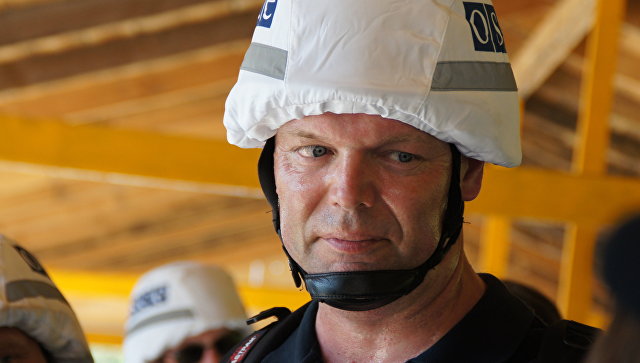















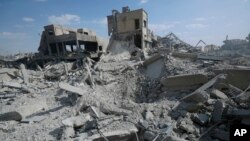





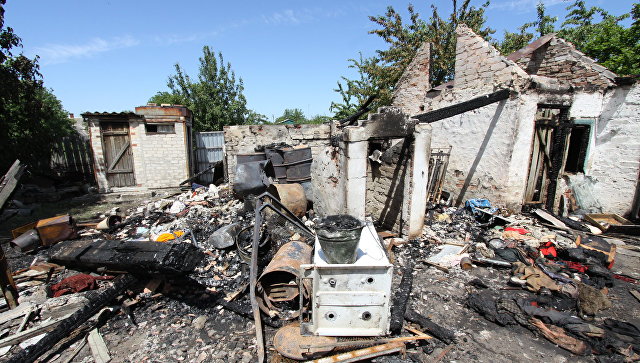

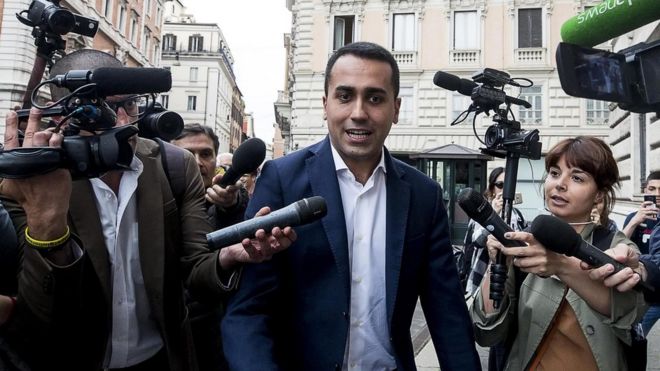
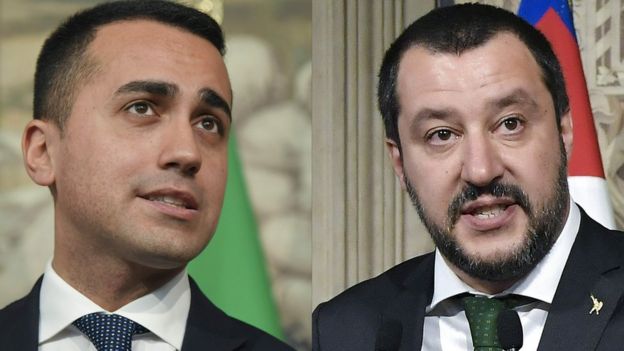 Правообладатель иллюстрации AFPImage caption
Правообладатель иллюстрации AFPImage caption







